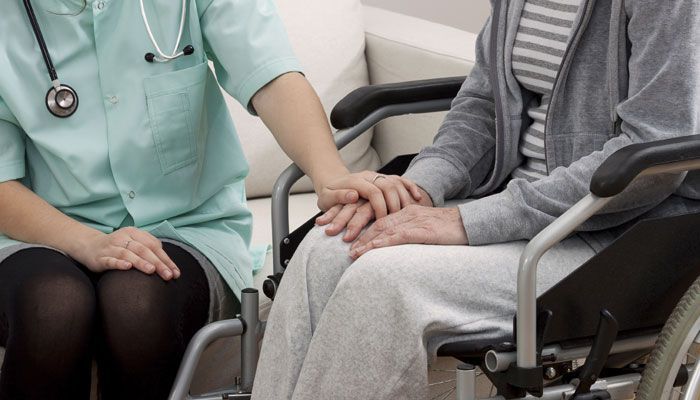 Despite their reputation for cleanliness and wellbeing, many hospitals can pose risks to your health. Many patients go to the hospital expecting to come out healed, but end up in worse condition than before.
Despite their reputation for cleanliness and wellbeing, many hospitals can pose risks to your health. Many patients go to the hospital expecting to come out healed, but end up in worse condition than before.
There are many ways to become sick in the hospital, but some of the most destructive injuries can come from simple physician negligence. One way to lower your risk in the hospital is to be a pro-active patient. Ask questions of your doctors. Tell the nurse when you are not completely comfortable in the hospital bed. It is easy to be intimidated by the white-coated doctor and his medical school education, but no one knows what you’re going through and what pain you’re experiencing like you do.
Be especially wary of these five hospital risks.
1. The Wrong Medicine
Medication errors are, by far, the most serious risk posed to patients on a day to day basis. The Institute of Medicine estimates that every year nearly half a million medication errors occur in hospitals that cause injuries to patients. Simply misreading the doctor’s sloppy handwriting and administering the wrong dosage can cause patient discomfort, vomiting, nausea, or even death.
The Pro-Active Patient tells his doctors and nurses about every single medication (prescription, over the counter, or herbal) that he is taking. After surgery, the pro-active patient asks questions about the new medication he receives to ensure that it doesn’t have negative reactions with anything he is currently taking.
2. Methicillin-Resistant Staphylococcus Aureus
Hospitals are loaded with bacteria and viruses. MRSA is one of the most dangerous because of the strain’s resistance to antibiotics. In fact, the Association for Professionals in Infection Control and Epidemiology (APIC) believes that nearly one of every 20 hospital patients is infected with or carries MRSA.
The Pro-Active Patient doesn’t let anyone in the hospital touch them without first washing their hands. MRSA is mostly carried from patient to patient by doctors and nurses who have touched other patients. But MRSA can also live on hospital beds, doors, walls, or writing instruments. Ensuring that your doctor has washed his hands before treating you can slice your chances of contracting MRSA.
3. Pneumonia
Pneumonia is one of the most common hospital acquired infections. The Center for Disease Control estimates that hospital pneumonia mortality rates are as high as 33%. The disease is most common in the ICU or with patients on ventilators. The weakened immune system of hospital patients make it easier for any bugs to infect you.
The Pro-Active Patient takes 10 to 15 really deep breaths every hour. Because weakened lung function makes you more susceptible to pneumonia, the deep breaths can help clear out your chest and keep you healthy.
4. Deep Vein Thrombosis
One of the most serious post-surgery risks is deep vein thrombosis – the development of a blood clot that can break free and travel through the bloodstream, becoming lodged in the arteries of the lungs and cutting off blood’s supply of oxygen. Surgery patients are at especially high risk for deep vein thrombosis because of the post-surgical immobilization that comes with bedrest. When the blood vessels in your legs become more relaxed, the blood can slow down enough to form a clot.
The Pro-Active Patient asks his doctor about the risk of DVT before undergoing the surgery. After surgery, the pro-active patient works to get up and start moving as soon after surgery as is safe. Once the doctor OKs you to move around, you can start walking and getting your circulation back to normal.
5.Post-Surgery Bleeding
Uncontrolled bleeding after surgery, usually due to blood thinners or other medications, can pose more risks to the patient. While modern surgical techniques mean that post-surgery bleeding is no longer as much of a problem as it used to be, it can still be a hospital danger.
The Pro-Active Patient tells his doctor about all the drugs he is currently taking. Your surgeon may have you stop taking aspirin or ibuprofen, which can thin your blood and increase bleeding. If you have had any problems with excessive bleeding before, you should tell your doctor, as this is a big predictor of serious bleeding in the future.